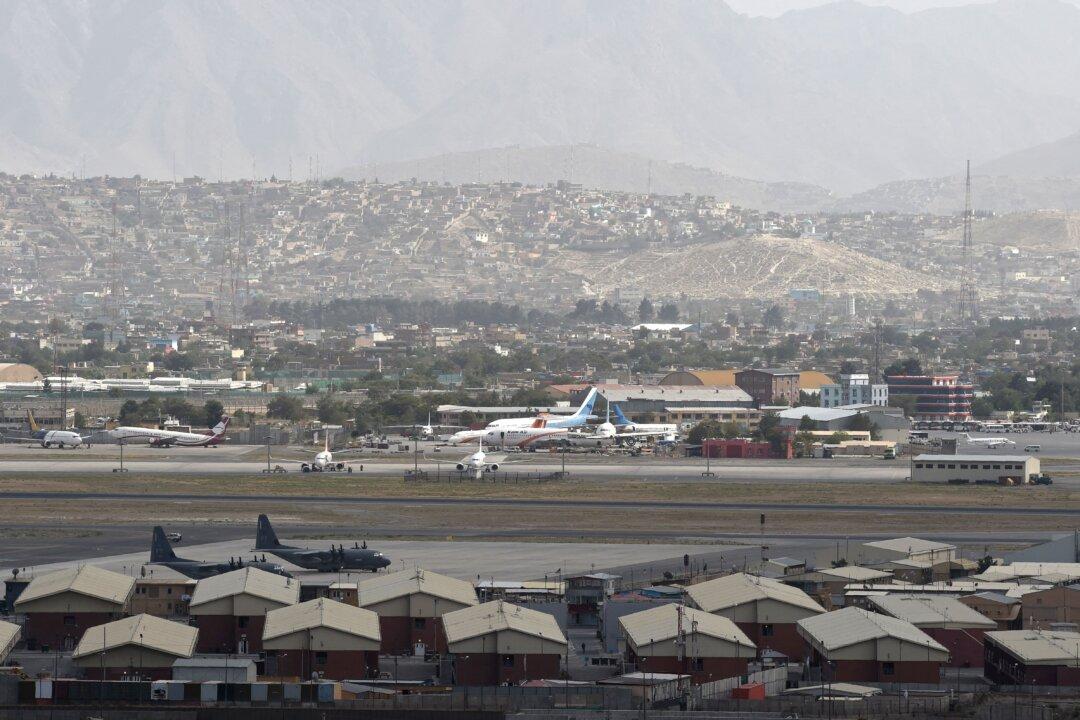The Afghanistan Civil Aviation Authority (ACAA) said on Monday that Kabul airspace had been released to the military and that it advised transit aircraft to reroute, according to a notice to airmen on its website, hastening some airline route switches.
United Airlines, British Airways, and Virgin Atlantic had already stopped using Afghanistan airspace after the Taliban took control of the presidential palace in Kabul as U.S.-led forces departed and Western nations scrambled on Monday to evacuate their citizens.





